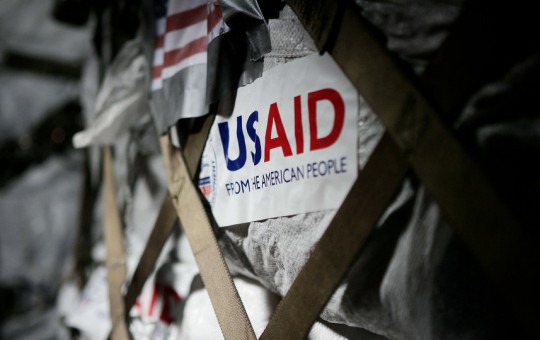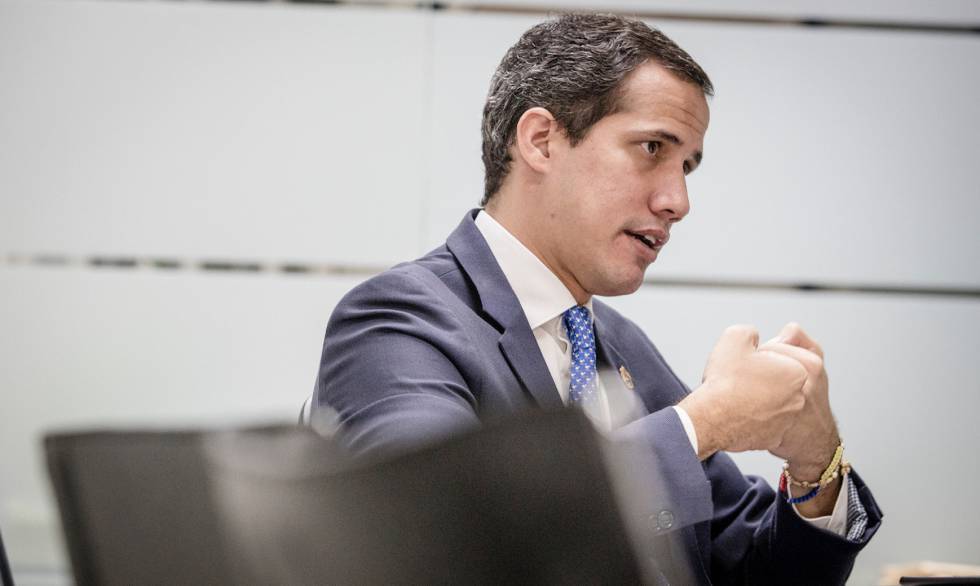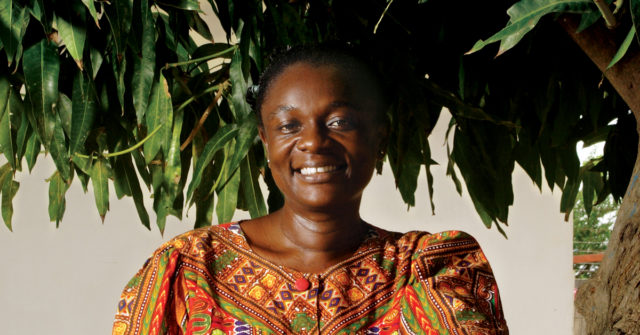Jean Carlos Guerrero, a relative of two men extrajudicially executed by the police in Venezuela almost 18 years ago, appeared before the Inter-American Court of Human Rights with the accompaniment of the Center for Justice and International Law (CEJIL) and the Committee of Relatives of the Caracazo Victims (COFAVIC), in search of justice and reparation.
Despite the absence of the Venezuelan State, Jean Carlos – Jimmy Guerrero’s brother and Ramón Molina’s putative nephew – presented his testimony about the facts and effects that the deaths of his relatives had on the rest of their loved ones before the judges of the Inter-American Court. He stressed that although it was regrettable that the State did not participate, he felt the need to present the facts in front of an autonomous and impartial judicial body, since, after almost two decades of struggle, it was of great importance to his family.
“My mother mourned Jimmy’s death for 10 years. The direction of my life changed, and I ended up going to law school to better understand the process. For Uncle Ramón’s children, losing their father meant losing their guiding light” said Jean Carlos Guerrero.” Testifying before the Court despite the pandemic is a restorative opportunity. Based on the decision of the Court, we hope that a roadmap can be drawn up to guarantee that no other family will experience the same thing again ”.
Jimmy Guerrero was an independent taxi driver, father of five. On March 29, 2003, Jimmy attended the funeral of one of the children of his uncle Ramón Molina. Ramón, 49 years old and father of six, was Jimmy Guerrero’s putative uncle. He worked as a driver for a company. While at the funeral, both victims went out by car to buy drinks, it was then that a group of police officers, who had been illegally detaining, harassing and threatening Jimmy for more than 7 months, intercepted them and shot them, executing them both. At the time of his death, Jimmy had filed at least six complaints before different entities regarding the harassment and threats made by the Police Armed Forces of the state of Falcón and members of the Bureau for Scientific, Criminal and Forensic Investigations (CICPC). Despite a request for protection measures in his favor, these were never implemented and the threats were never investigated. Furthermore, the deaths of Jimmy Guerrero and Ramón Molina were justified by the authorities of the Police Armed Forces and quickly described by the media as a “confrontation” between gangs.
To this day, the case remains in total impunity, the investigations having been closed in 2017. Unfortunately, it is not an isolated case but is rather inserted in the context of extrajudicial executions in Venezuela. The United Nations Mission highlighted in September 2020 that they had investigated “16 cases of police, military or joint operations that ended with 53 extrajudicial executions and also investigated 2,552 incidents in which more than 5,000 deaths by the security forces took place”.
In addition to impunity, part of the problem of the repetition of similar events occurs due to the opacity of the figures and the lack of public, accurate and transparent data from the authorities. The lack of updated and publicly available information from the Venezuelan State on homicides and extrajudicial executions at the hands of the security forces has made it impossible to design and implement public policies that allow rapid and effective investigations that lead to justice and the full respect for human rights.
Although the Venezuelan State did not send a representative, Jean Carlos Guerrero told the Inter-American Court that his voice was the voice of so many victims whose relatives have been extrajudicially executed by the Venezuelan security forces, and in this sense, he expressed the importance of issuing reparations to ensure non-repetition. Jean Carlos also asked the Inter-American Court to order the Venezuela State to open an investigation into the torture suffered by his brother before his death and to reopen the investigations into the execution of Jimmy Guerrero and Ramón Molina to identify, prosecute and punish the perpetrators and masterminds of the crime, among other reparations.
Translated by José Rafael Medina




